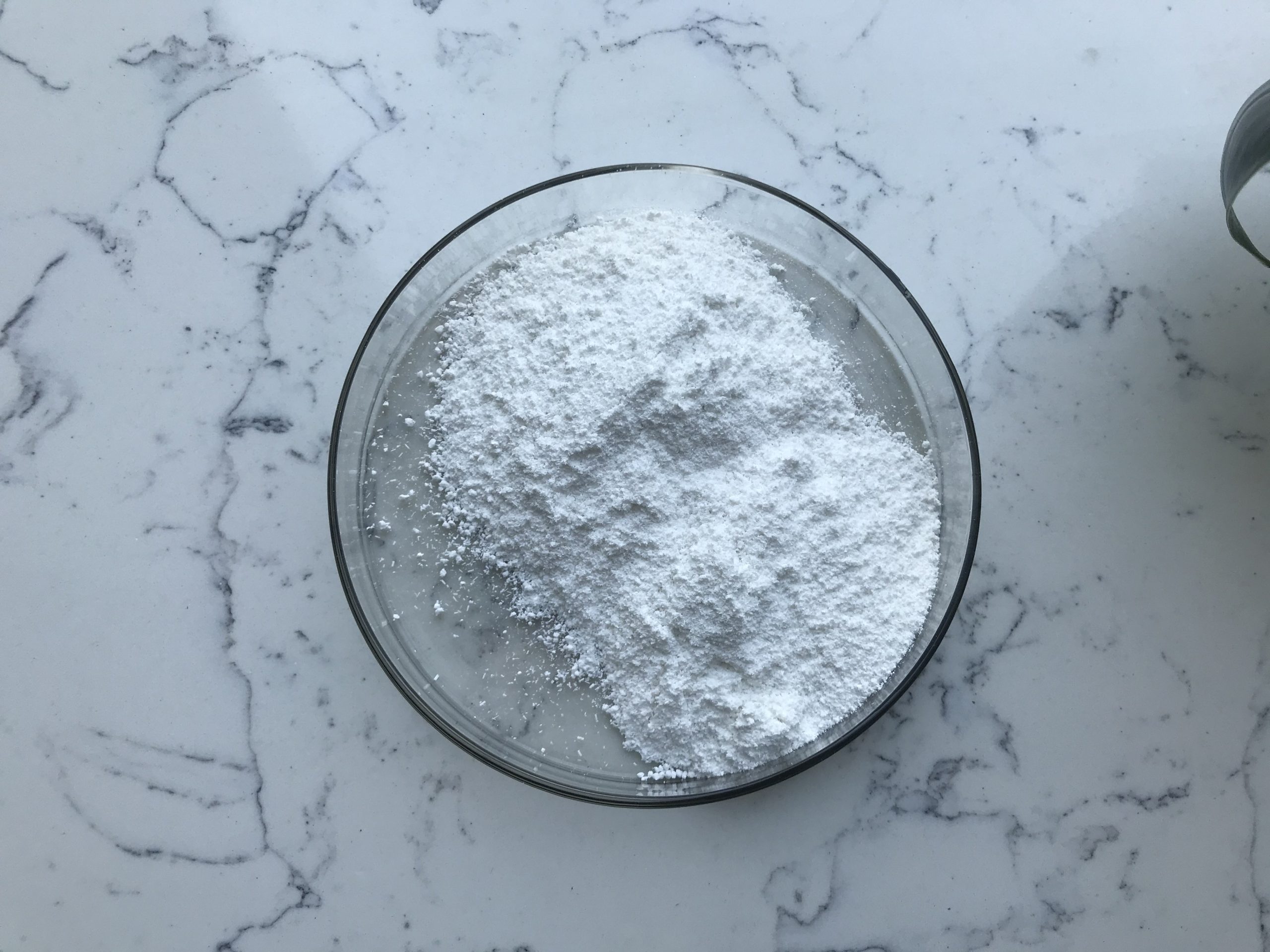Dutasteride is a 5-alpha-reductase inhibitor primarily used in the treatment of benign prostatic hyperplasia (BPH) and, off-label, for conditions like androgenetic alopecia. Its pharmacological actions are as follows:
1. Inhibition of 5-Alpha-Reductase
- Dutasteride inhibits both Type I and Type II isoforms of the enzyme 5-alpha-reductase, which converts testosterone into dihydrotestosterone (DHT), a more potent androgen.
- This leads to a significant reduction in serum and intraprostatic DHT levels (up to 90% reduction), thereby reducing the androgenic stimulation responsible for prostate growth and hair follicle miniaturization.
2. Effects on the Prostate
- By lowering DHT, dutasteride decreases prostate volume, relieving urinary symptoms associated with BPH, such as increased urinary flow and reduced urinary retention.
- It slows the progression of BPH and reduces the need for surgical intervention.

3. Effects on Hair Follicles
- Dutasteride helps in the treatment of androgenetic alopecia by reducing DHT levels in the scalp, preventing hair follicle shrinkage, and promoting the maintenance of hair density.
4. Hormonal Modulation
- While reducing DHT, dutasteride slightly increases testosterone levels as a compensatory effect, which generally remains within the normal physiological range.
Pharmacokinetics:
- Half-life: Long (approx. 4-5 weeks after steady-state is reached), making it suitable for once-daily dosing.
- Bioavailability: High, with extensive distribution in tissues like the prostate.
- Metabolism: Primarily metabolized in the liver by cytochrome P450 (CYP3A4).
Clinical Uses:
- Benign Prostatic Hyperplasia (BPH): To improve symptoms and reduce the risk of acute urinary retention or surgery.
- Androgenetic Alopecia (Off-label): In some regions, it is prescribed to manage male pattern hair loss.

Side Effects:
- Sexual dysfunction (decreased libido, erectile dysfunction, and ejaculatory issues)
- Gynecomastia (breast enlargement or tenderness)
- Rare but potential risk of high-grade prostate cancer with long-term use.
Dutasteride is typically prescribed with caution due to its hormonal effects and long half-life, especially in patients with hepatic impairment or those planning fatherhood.
